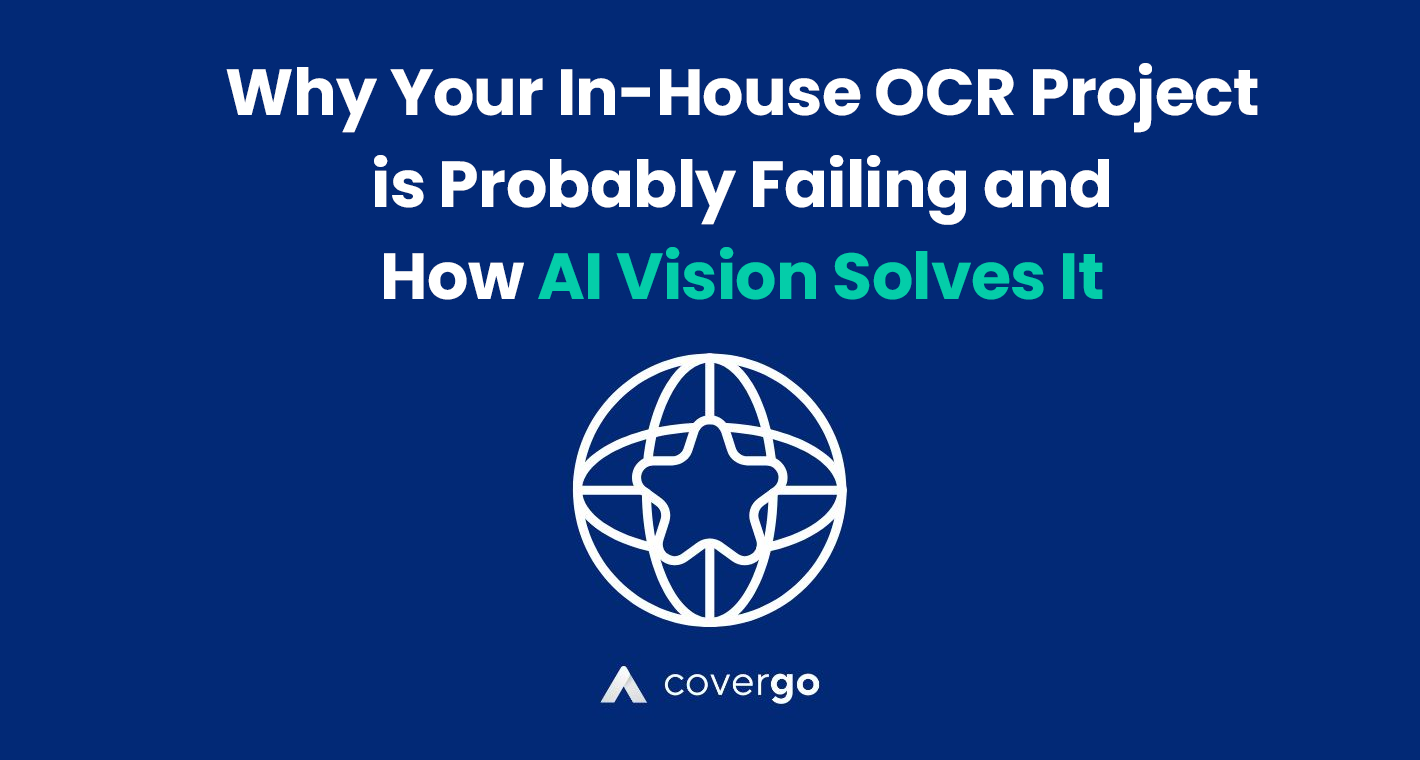In a world where our lives are increasingly intertwined with technology, it’s no surprise that the insurance industry, traditionally rooted in paperwork and physical documents, is undergoing a profound transformation into the digital age.
Digital insurance, also known as insurtech, is reshaping the way we protect ourselves and our assets. In this article, we’ll explore what digital insurance is and why this shift is essential for insurers to stay relevant in an evolving landscape.
The Traditional Industry Struggle
The insurance industry, often characterized by lengthy paperwork, phone calls, and face-to-face interactions, has long been seen as averse to digital transformation. Historically, the industry’s reliance on legacy systems and manual processes has hindered its ability to keep up with the rapid pace of technological advancement.
But as customers increasingly lead digital lives, insurers are recognizing the need to evolve or risk becoming obsolete.
Customers in the Digital Age
Customers today are more digitally connected than ever before. From shopping online to managing their finances through mobile apps, individuals have grown accustomed to the convenience and efficiency of digital services.
This shift in consumer behavior has raised the bar for insurance companies to meet customers where they prefer – in the digital realm.
Customers have undergone a profound digital transformation, with the ubiquity of smartphones, e-commerce, and a preference for online interactions. The rise of digital natives and millennials, who expect seamless mobile app experiences, alongside the broader cultural shift towards instant gratification and data-driven decision-making, has propelled the demand for digital-first interactions with insurance providers.
This demand is fueled by the desire for convenience, quick responses, personalized services, and the expectation that insurers will adapt to the same user-friendly digital standards set by other industries.
Moreover, the influence of social media, cybersecurity concerns, and the impact of remote work has further cemented the need for insurers to embrace digital channels, from policy issuance to claims processing, to meet customers where they now prefer: in the digital realm.
The Digital Transformation of Insurance
So, how is the insurance industry going digital?
Let’s explore some of the key ways in which insurance has embraced technology to better serve its customers.
Online Policy Management
Policy management is in the middle of transitioning into the digital realm, becoming the preferred touchpoint for insurance customers.
With the convenience of online platforms and mobile apps, policyholders now have the power to purchase, renew, and make adjustments to their insurance policies at their fingertips.
This shift represents a significant departure from the traditional, paper-heavy processes, as customers increasingly value the ability to access and control their insurance information with ease and efficiency.
As a result, insurance companies that prioritize robust online policy management systems not only enhance customer satisfaction but also position themselves as industry leaders attuned to the evolving needs of their digitally-savvy clientele.
Telematics and Usage-Based Insurance
The advent of telematics devices and smartphone apps has allowed insurers to gather real-time data on policyholders’ driving habits.
This data helps insurers offer personalized, usage-based insurance policies at competitive rates.
Telematics and Usage-Based Insurance (UBI) have revolutionized the digital experience for insurance customers by offering personalized, data-driven coverage.
Through telematics devices and smartphone apps, insurers can monitor real-time driving behavior, enabling policyholders to secure customized insurance plans tailored to their specific habits and risk profiles.
This not only fosters a sense of control and transparency for customers but also incentivizes safer driving practices with the potential for reduced premiums.
The integration of telematics and UBI not only aligns with the digital-first preferences of modern customers but also underscores the industry’s shift towards harnessing technology to create more relevant, individualized, and cost-effective insurance solutions.
AI-Powered Underwriting
AI is playing a pivotal role in insurance underwriting, streamlining the process, and benefiting customers in several ways. Through machine learning algorithms and data analysis, AI can rapidly assess risk factors, allowing insurers to offer more accurate pricing and coverage decisions.
This not only expedites policy approvals but also ensures that customers receive insurance plans tailored to their unique circumstances. Furthermore, AI-driven underwriting enhances fairness and objectivity in risk assessment by removing potential human biases, promoting a more equitable pricing structure.
Ultimately, this translates into greater transparency, better pricing, and a smoother customer experience, all of which align with the growing digital expectations of insurance customers.
AI is not ubiquitous among insurers though, but it is quickly becoming a hot topic among insurers who intend on embarking on a digital transformation journey.
Chatbots and Virtual Assistants
Chatbots and virtual assistants are poised to transform the insurance customer experience by providing instant, 24/7 support and information access.
These AI-powered tools can efficiently handle routine inquiries, assist in policy management, and guide customers through the claims process with speed and accuracy.
By offering immediate responses and assistance, chatbots and virtual assistants enhance customer convenience, reduce waiting times, and ensure that policyholders have access to crucial information whenever they need it
Moreover, their availability around the clock aligns with the digital-first preferences of today’s customers, enhancing overall satisfaction and engagement with insurance providers.
Digital Claims Processing
Digital claims processing represents a significant departure from traditional claims processing methods, promising numerous improvements that directly benefit insurance customers.
In the traditional model, claims often involve extensive paperwork, phone calls, and manual documentation, leading to time-consuming and sometimes frustrating experiences for policyholders.
In contrast, digital claims processing leverages technology to streamline the entire process. Customers can now submit claims online or through mobile apps, eliminating the need for physical paperwork and reducing the time it takes to initiate the claims process
Moreover, AI and automation tools are increasingly being used to assess and validate claims quickly and accurately, expediting the overall settlement process
This efficiency translates to faster claims resolutions, reduced administrative burdens, and ultimately, greater customer satisfaction.
Additionally, real-time updates and digital communication channels keep policyholders informed at every step, enhancing transparency and trust in the insurance provider.
In summary, digital claims processing not only simplifies the claims experience but also reflects the industry’s commitment to meeting the evolving digital expectations of its customers.
A watershed moment
the evolution of digital insurance marks a watershed moment for both the insurance industry and its customers. As insurance providers increasingly embrace technology and adapt to the digital-first preferences of their clientele, the benefits are becoming abundantly clear.
Customers now enjoy the convenience of managing policies, accessing personalized coverage, and even filing claims with unprecedented ease.
The shift towards digital insurance not only streamlines processes but also enhances transparency, personalization, and efficiency.
Insurers that invest in these digital transformations are not only positioning themselves as leaders in an evolving landscape but also prioritizing the evolving needs and expectations of their tech-savvy customer base.
The future of insurance is undoubtedly digital, promising a more accessible, responsive, and customer-centric industry for all.
CoverGo helps insurers transform their digital landscape and catch up with our no-code core insurance platform, contact us for a demo: hello@covergo.com



